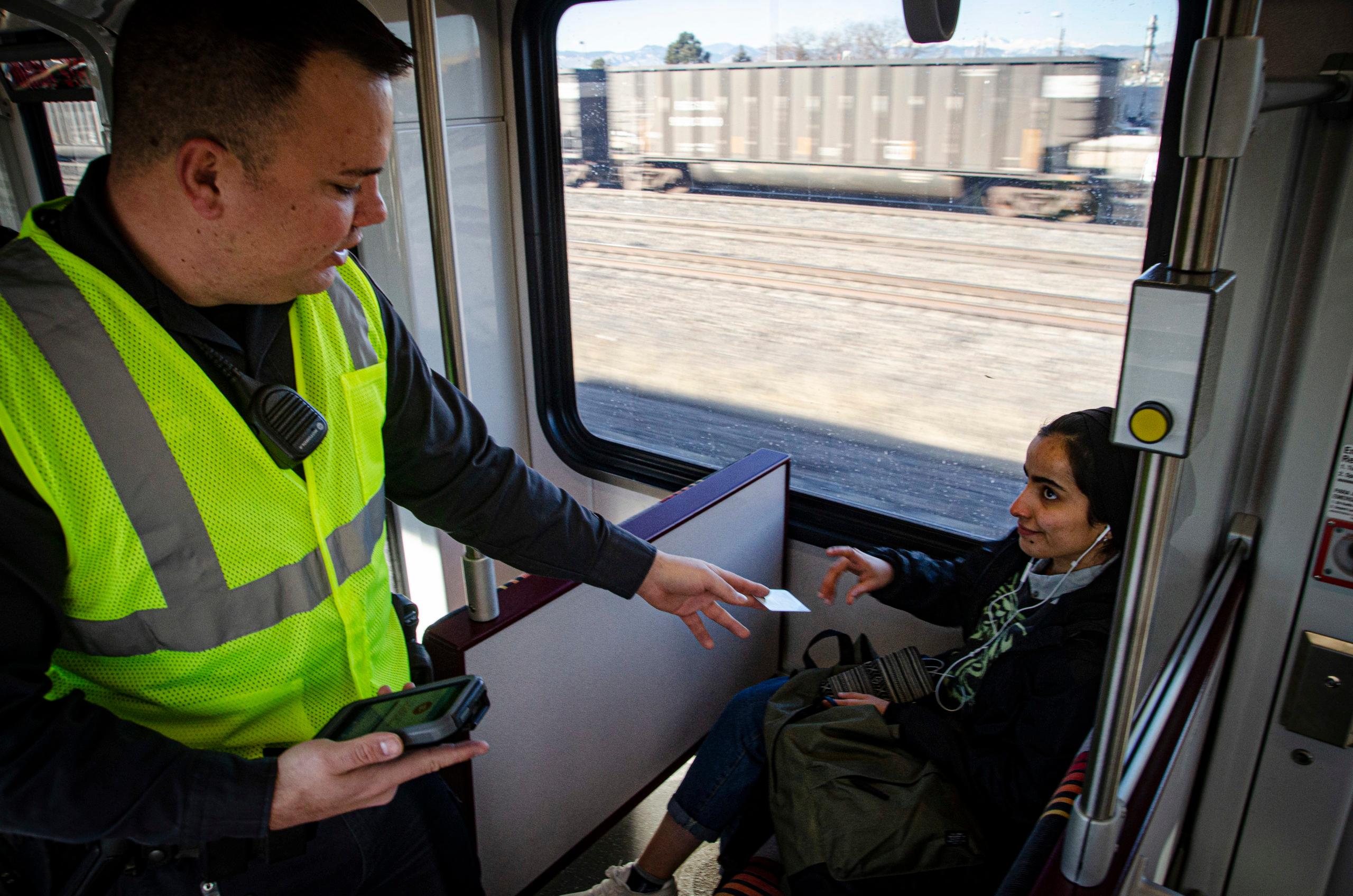
When the Regional Transportation District’s CEO and general manager traveled to Denver last year, she found herself struggling to figure out how to use the system she’d been just hired to run.
“I was trying to discern what the base fare was, and it was difficult for me to figure that out,” said Debra Johnson, a veteran of the public transit industry with nearly 30 years under her belt. “If I was having that difficulty, recognizing my acumen, what does that mean for our customers?”
RTD will soon begin a study and equity analysis of its complicated fare structure, with a goal of simplifying it and perhaps reducing prices as well. Without a discount (of which there are several), travel on local bus and rail lines runs $3, a longer regional fare is $5.25, and a ride to Denver International Airport is $10.50.
"On the face of it, when you look at different urbanized areas, we do have a very expensive fare. And that's something that was very disconcerting to me,” she said. “I'm not trying to Monday morning quarterback or question what people did. I'm dealing with the here and now."
RTD will soon have more power to lower its fares, if Gov. Jared Polis signs a bill that would loosen restrictions on the transit agency.
The study, which will take at least 18 months and will include “comprehensive” public outreach, follows a revamp of its pass programs in 2018 and 2019 that resulted in new discounts for low-income and young riders. RTD last examined and made significant changes to its fares in 2015, according to a staff white paper summarizing RTD’s fare history.
The age of those previous efforts, as well as the ridership losses and general uncertainty the coronavirus pandemic has inflicted, make now the right time, Johnson said, for a systemwide, comprehensive analysis.
“There’s no time like the present,” she said.
Any changes would be implemented in 2023.
Correction: This story originally misstated base fares for travel. It has been updated.








